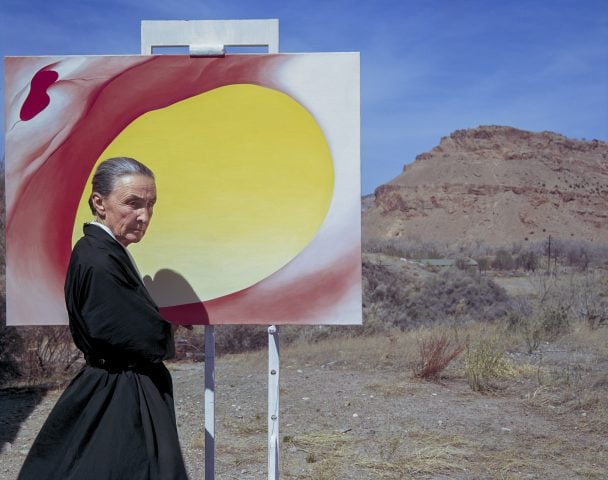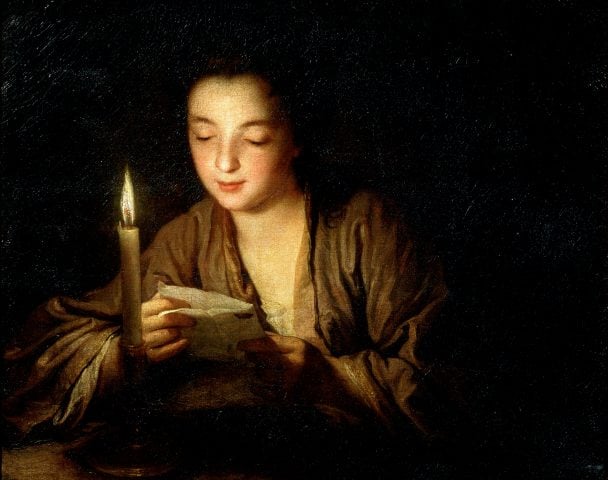Art World
The Art World’s Finest Desserts: 5 Reasons to Be Thankful
A monumental tray of delicacies at an august museum, a $17 slice of cake at an auction house: all these delicacies, and more, await.
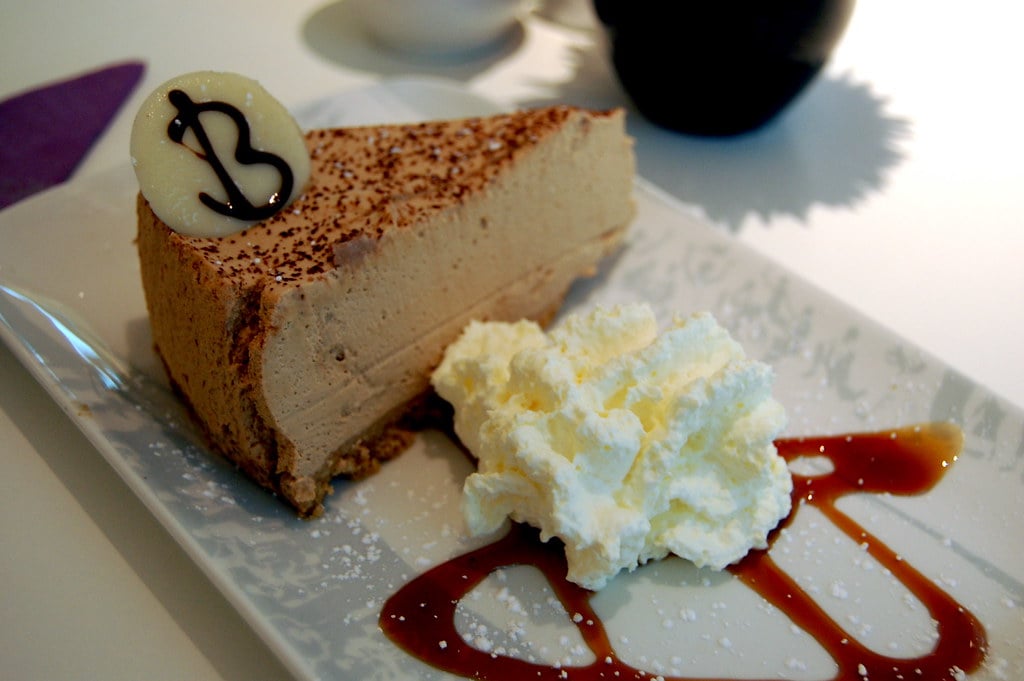
What’s better than a visit to an art museum, gallery, or auction house? A visit to an art museum, gallery, or auction house followed by a dessert at an on-site cafe. Even if the art you have just seen is not to your taste, a fine pastry or ice cream offers redemption, as well as a chance to reflect, to mull what you have just seen.
In honor of the Thanksgiving holiday in the United States, when many dining-room tables are filled with sweet delicacies, Artnet staffers are highlighting some of the best desserts they have had at boîtes associated with art venues. They follow below.
Do you have other favorites? Please write to us directly so that we can conduct further research for future editions of this article.
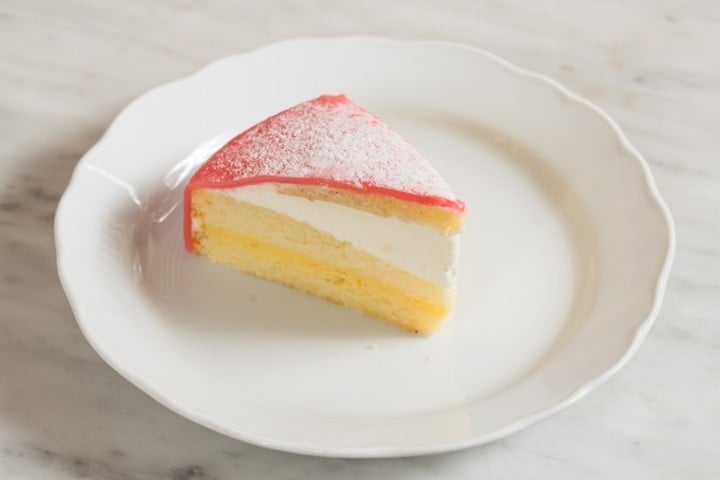
A slice of Principessa cake from the Sant Ambroeus at Sotheby’s will cost you $16. It’s worth it! Courtesy of Sant Ambroeus.
Principessa Cake at Sotheby’s Sant Ambroeus in New York
The Principessa cake—a perfect, pink, cloud-like confection—is, for me, the highlight of a trip to Sotheby’s, and the sweetest way to unwind after taking in auction highlights. A fluffy lemon sponge with vanilla pastry crème, whipped cream, and almond marzipan frosting, the cake is airy and elegant and feels very Upper East Side. Fancy! Sant Ambroeus has had a cafe at Sotheby’s since 2015, and I hope that it moves along with the auction house to the Breuer building next year.
—Katie White
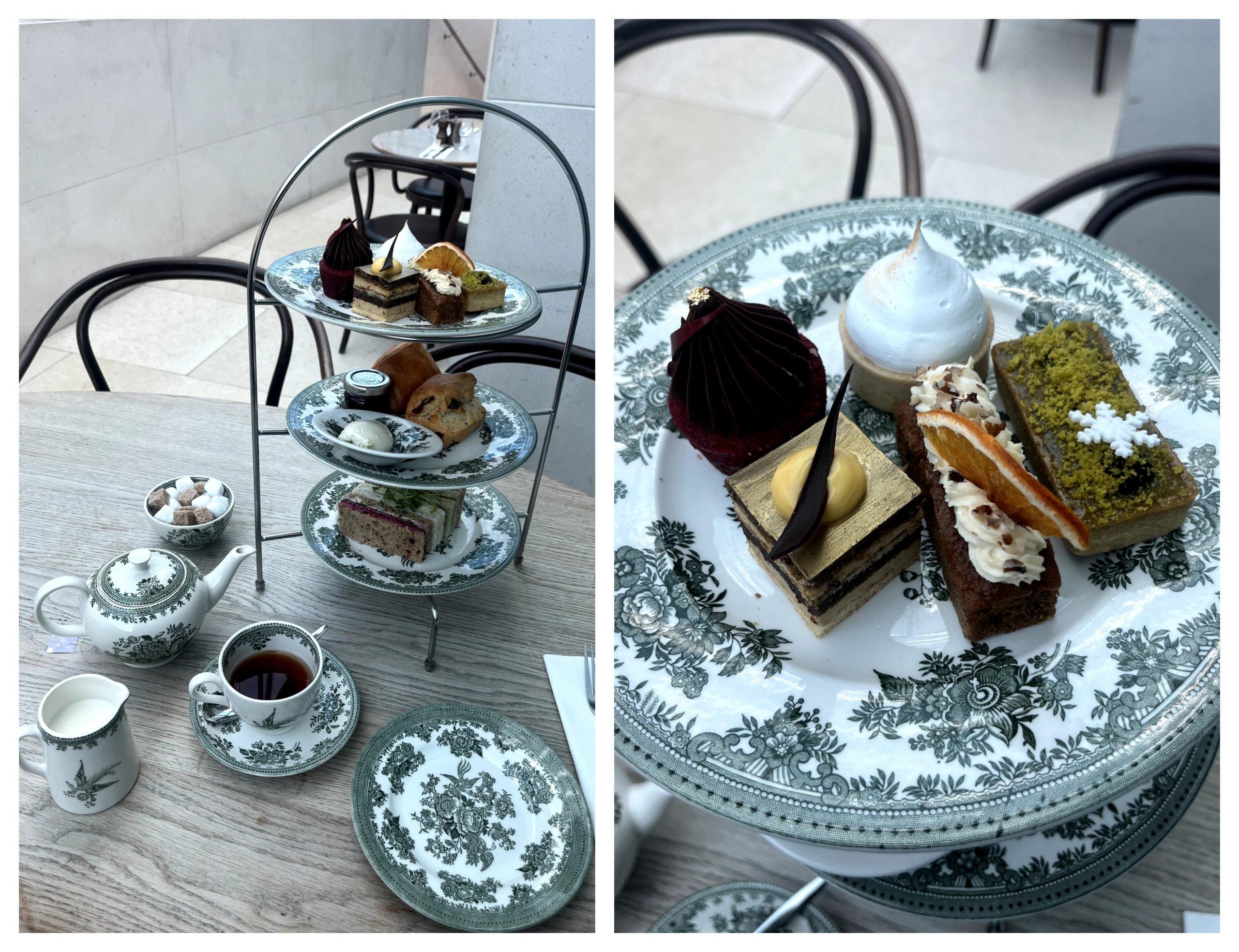
Afternoon tea at the British Museum in London costs £40 (about $50). Photo: Jo Lawson-Tancred.
Afternoon Tea at the British Museum in London
The British Museum in London boasts sprawling collections from every continent, but relatively few exhibits are… well… British. Visitors seeking something more local should head to its Great Court Restaurant for afternoon tea. The selection of finger sandwiches there successfully elevate old classics, truffling the egg and cress and marrying roast beef with beetroot and horseradish. Wisely, no attempt is made to “reinvent” the time-honored tradition of scones smothered in clotted cream and strawberry jam. An array of five cakes offers something for every palate. The blackberry matcha and almond frangipane pie with marmalade and pistachio, for example, proved to be such a heady blend of flavors that, though not at all unpleasant, I could only manage a third. Meanwhile, a raspberry-pink cupcake barely wide enough to support such a generous dollop of chocolate ganache with gold leaf was easily wolfed in one go.
—Jo Lawson-Tancred
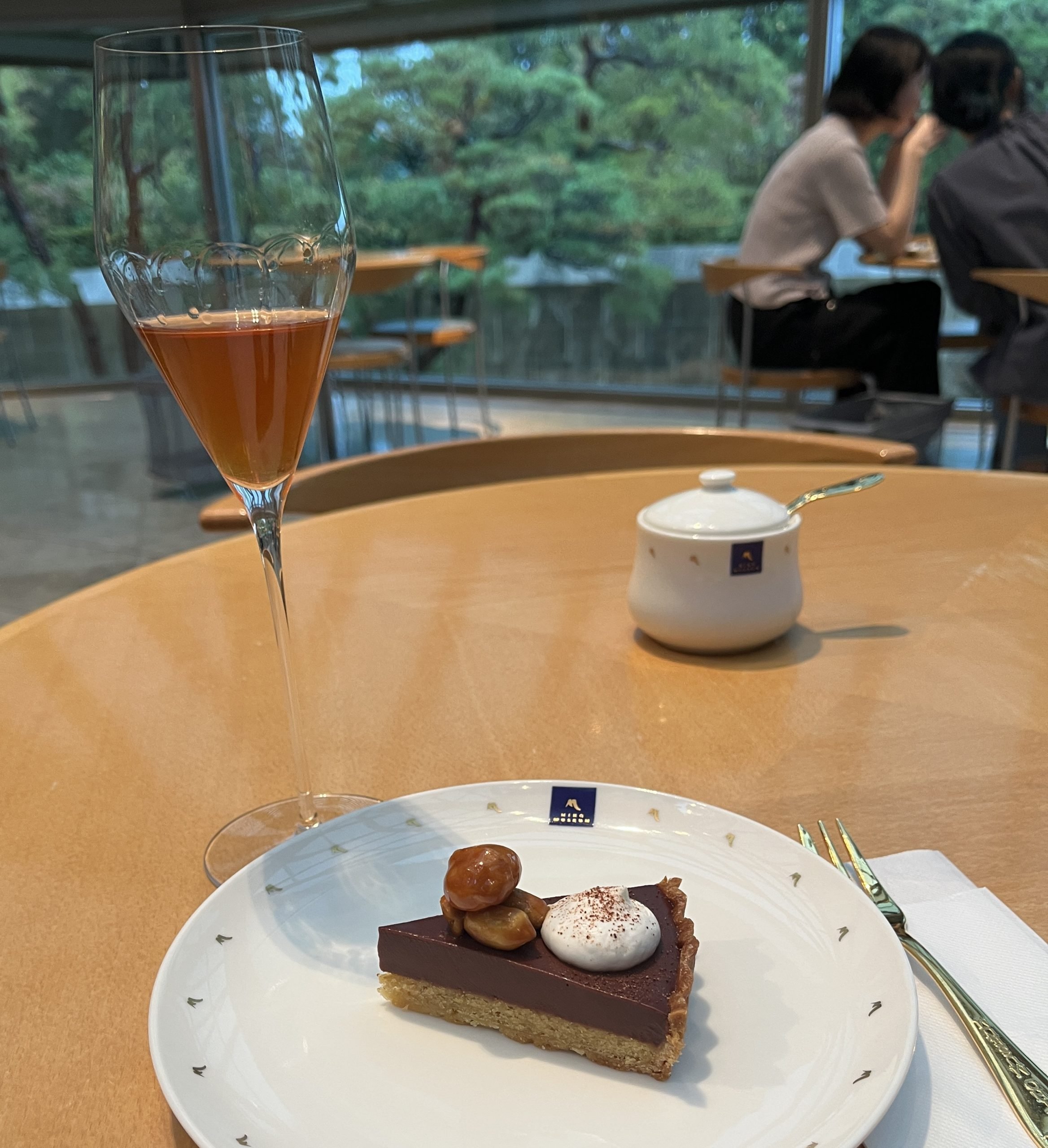
Perfection on a plate. Photo by Andrew Russeth
Chocolate Tart at the Miho Museum in Kōka, Japan
Since tasting the chocolate tart at the Miho Museum’s Pine View cafe about a month ago, as the Art Collaboration Kyoto fair ran nearby, I have thought about it every single day. It was rich but not too sweet, with the perfect firmness, a single dollop of refreshing whipped cream, and a couple candied nuts, which provided a joyful dash of crunchiness. The setting intensifies its power—a late I.M. Pei building with expansive windows, tucked away in sylvan mountains southeast of Kyoto—but I am certain that it would delight in any environment. Pair it with a glass of the museum’s potent orange wine: astonishing and beguiling pleasures await.
—Andrew Russeth
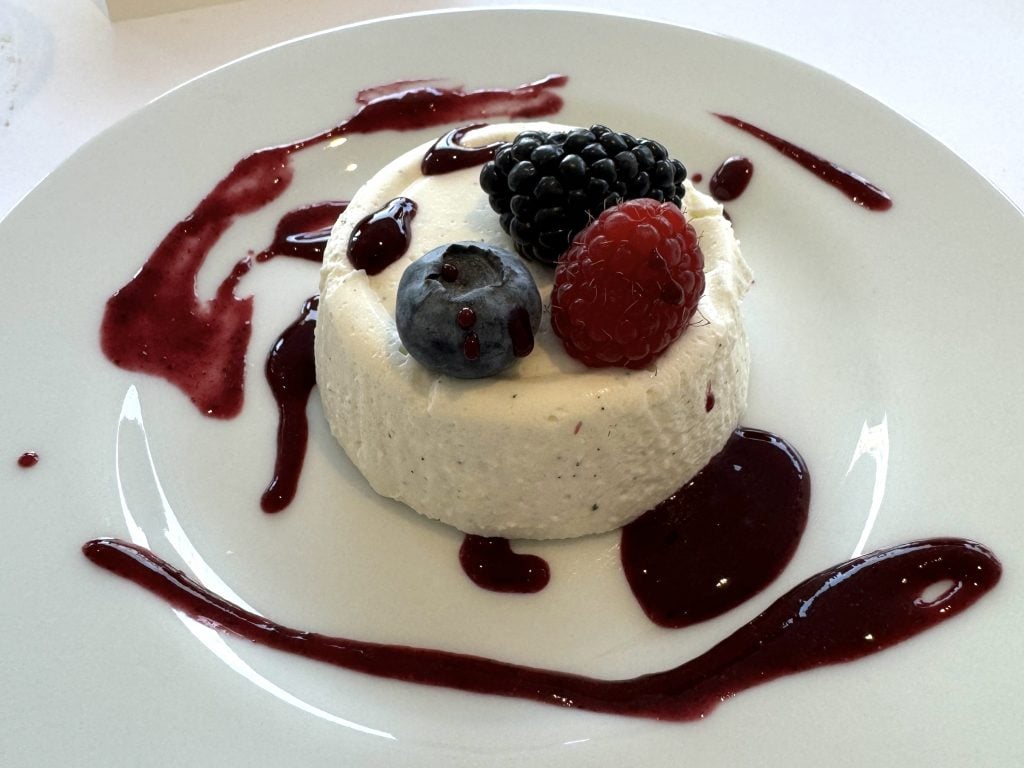
The panna cotta with berries by chef Luca Galli at Café Silvia at Magazzino Italian Art in Cold Spring, New York. Photo by Sarah Cascone.
Vanilla Panna Cotta at Magazzino in Cold Spring, N.Y.
For years, I have wanted to make the trip up to Cold Spring to visit Magazzino, founded by collectors Nancy Olnick and Giorgio Spanu to celebrate postwar and contemporary Italian art. What I didn’t know is that the institution is also home to the gorgeous, light-filled Café Silvia, which since late last year has been serving a Hudson Valley-inspired Italian menu by chef Luca Galli. Lunch at the restaurant—situated in front of the Sardinian donkey enclosure—ended with a gorgeous plate of vanilla panna cotta, topped with fresh berries. A custard thickened with gelatin, panna cotta is often amusingly described as achieving the right consistency when it quivers like a lady’s breast. It’s a dessert that is tricky to get right, but Galli’s take was perfectly creamy and delicately sweet. (“Our idea of panna cotta is to create a cloud—light and delicate with a berry collision that’s not too sweet,” he told me.) Shockingly, the calorie-conscious journalist across from me didn’t touch his dish. But it was so good that when we all stood up to leave, I surreptitiously ate most of his in three huge, hurried bites.
—Sarah Cascone
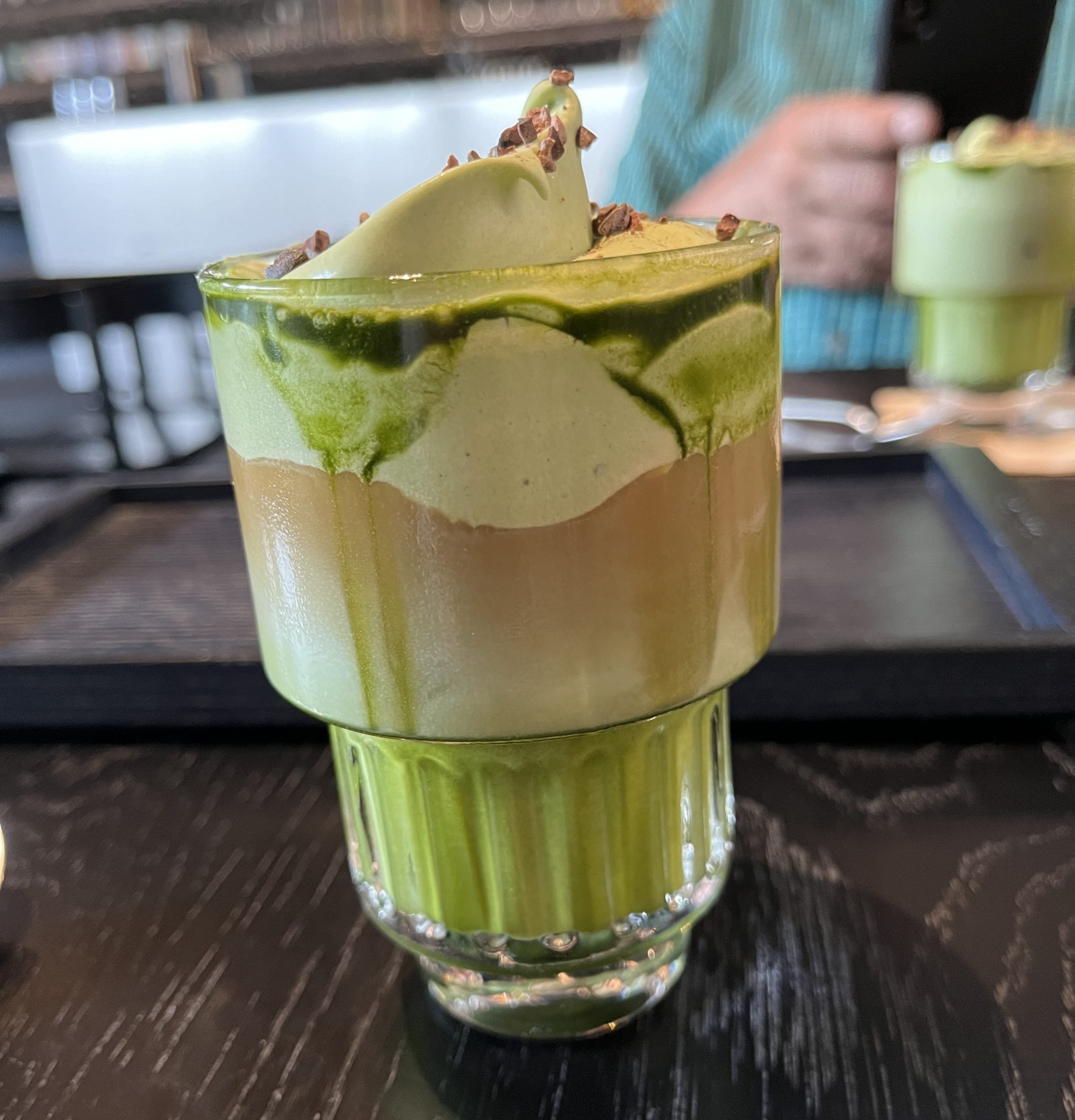
A Jeju Matcha Einspanner at Osulloc at the Pace Gallery, Seoul. Photo by Andrew Russeth
Jeju Matcha Einspämnner at Osulloc at the Pace Gallery, Seoul
One gloriously unusual aspect of the Seoul art scene is that many excellent galleries have excellent associated restaurants, like PKM, Hyundai, and Kukje (which also has a gym). Pace, for its part, has an Osulloc-brand tea house with desserts, cocktails, and this phenomenal Einspänner, which is made with the firm’s trademark green tea from Jeju Island. It is yet airy, fulsome in flavor, and refreshing. This is what heaven looks like.
—A.R.





